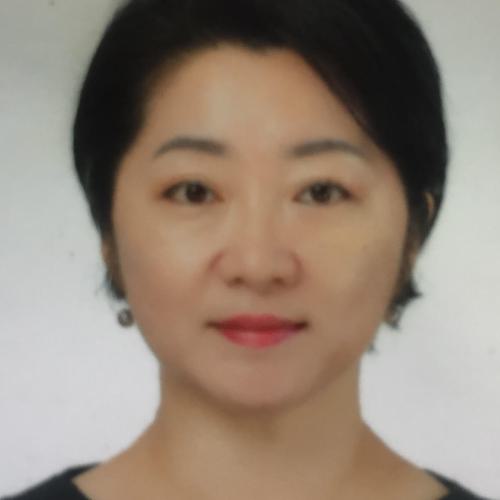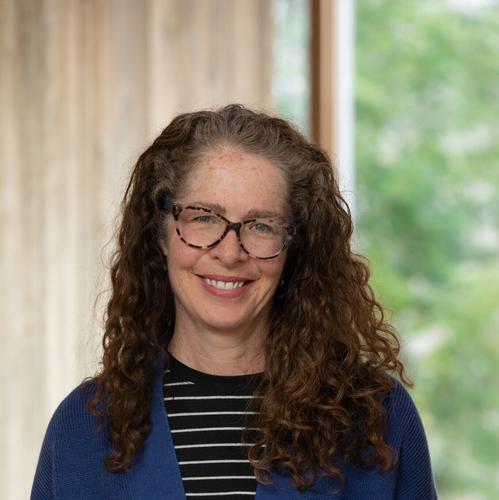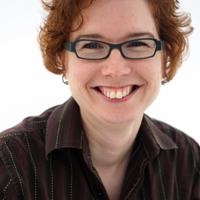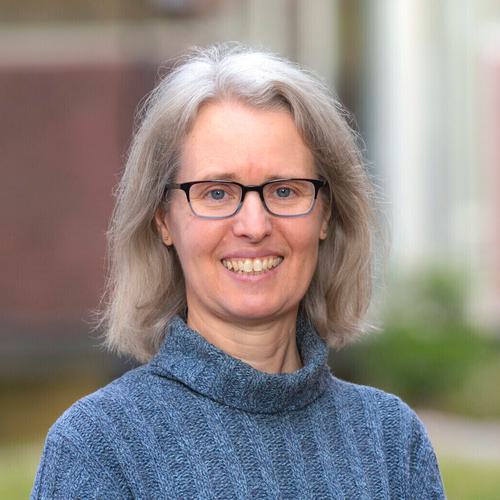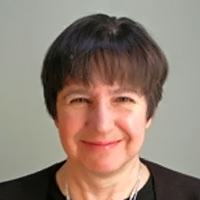Cognitive & Linguistic Sciences
Academic Program Introduction
Cognitive and linguistic sciences is the study of how the mind works. It is a dynamic interdisciplinary investigation of the nature and origins of thought and language. How do we learn, remember, and sense the world around us? What is the relationship between the mind and the brain? What factors contribute to the shaping of the mind? Could a computer think?
Linguistics is the study of the structure, history, philosophy, psychology, and use of language: What are the properties of languages and how are they acquired? How did language develop and how have languages changed over time? How is language organized in the brain?
We draw upon techniques and expertise from disciplines including psychology, linguistics, computer science, philosophy, and cognitive neuroscience. Despite different methods of investigation, cognitive scientists are committed to a set of ideas: The mind is a function of the brain, thinking is a kind of computation, and language and cognition are best understood as a set of specialized processes and representations.
Learning goals
Read and analyze cognitive science literature across disciplines.
- Recognize and evaluate important ways in which philosophers, scientists, and others have perceived the mind over time.
- Solve problems in cognitive and linguistic sciences using formal symbolic systems.
- Recognize and describe the different research methodologies of various disciplines, and apply the research methodologies employed in a concentration discipline.
Programs of study
Cognitive and linguistic sciences major
Students will concentrate in a discipline (psychology, linguistics, computer science, philosophy) to strengthen and deepen their understanding of the mind within a single domain.
Course highlights
Introduction to Linguistics
LING114
Designed to familiarize students with some of the essential concepts of linguistic analysis. Suitable problem sets in English and in other languages will provide opportunities to study the basic systems of language organization-phonology, morphology, syntax, and semantics. Additional topics include introductions to language organization in the brain, child language acquisition, language change, and language in society.
-
Introduction to Cognitive Science
CLSC110
How do our brains give rise to conscious thought, action, and experience? This is a key question that motivates cognitive science, the interdisciplinary study of the mind. Cognitive scientists integrate approaches from psychology, linguistics, neuroscience, philosophy, and more, to study this issue. This course will survey the major theories, debates, and findings from cognitive science. Topics covered include perception, memory, decision-making, language, consciousness, and more. We will also consider cognitive science from a historical perspective to understand how the study of the mind has evolved in the past century, and what approaches we can take into the future. (CLSC 110 and PSYC 110 are cross-listed courses.) -
Seminar. Topics in Cognitive and Linguistic Sciences Tpc: Computational Models & the Mind
CLSC300
Topic for 2025-26: From Perceptrons to ChatGPT: How Computational Models Help Us Understand the Mind. Cognitive scientists have used mathematical and computational methods to understand human cognition since at least the 1940s. Similarly, the study of human neuroscience and cognition has influenced the development of artificial intelligence systems. Beginning in the early 2010s, massive increases in computational power and the accessibility of large databases have resulted in the rapid rise of human-like artificial intelligence systems, culminating in well-known public AI tools like ChatGPT. To what degree are these models a reflection of human intelligence, and can they help us understand human cognition? Are human-like cognitive biases also present in these models, and does this present ethical issues with their use? This course will cover the history of computational modeling in cognitive science, from early debates about modularity, interactivity, and the nature of representation; to the modern development of deep neural networks not only as practical systems, but as models of human cognition. (CLSC 300 and PSYC 300 are cross-listed courses.)
Research highlights
-

In the Sociolinguistics Lab, students investigate questions related to the study of language variation, language change, and language in social context. Sanaa Walker ’23 and Camille Osumah ’23 collected interview data with students in Boston area high schools as part of the Spencer Foundation-funded Language Variation and School Experiences Project. Anna Kraffmiller ’24 is researching variable rhoticity among Black adolescents in Boston and Philadelphia.
-
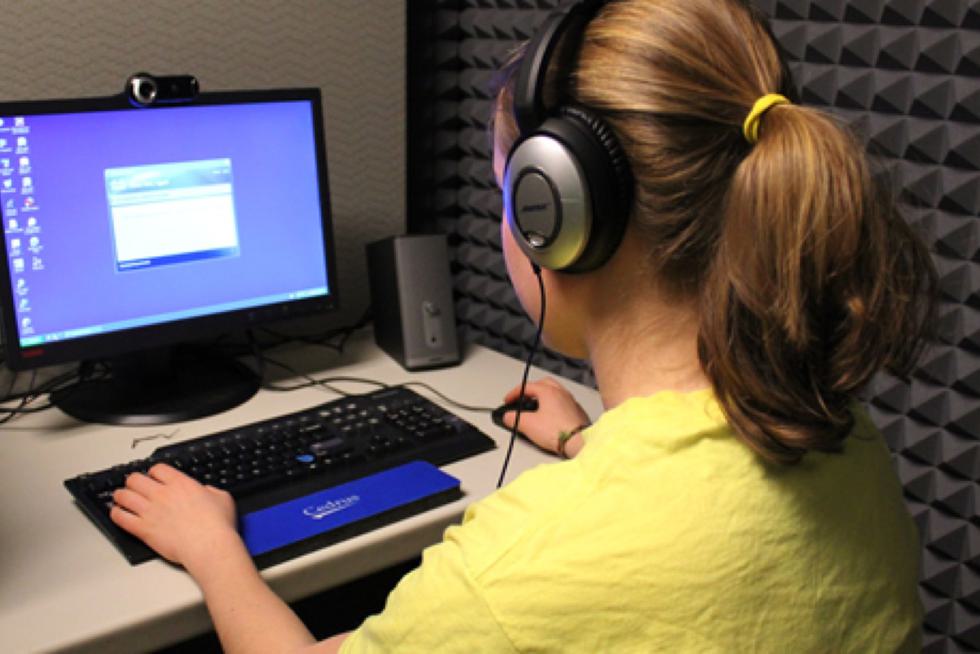
In the Language and Speech Lab, students collected and analyzed data on dialect change among Jamaican speakers who immigrated to the U.S. Gabby Garcia ’23 and Ann Zhao ’24 helped design an artificial language experiment to determine use of reduplication among native Armenian speakers.
Opportunities
-
Research
Students can gain research experience in the cognitive and linguistic sciences in numerous ways.
Beyond Wellesley
Beyond Wellesley
Many of our graduates obtain advanced degrees in psychology, linguistics, philosophy, and computer science. Majoring in cognitive and linguistic sciences provides an excellent background for any profession that involves the workings of the human mind. Our graduates pursue careers in education, law, speech pathology, marketing/advertising, human-computer interaction, and behavioral economics.
Recent Employers
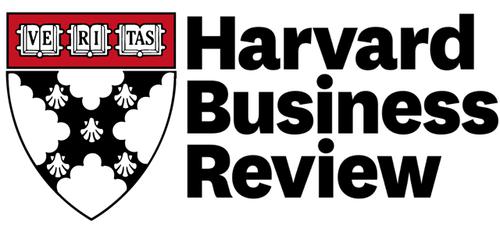
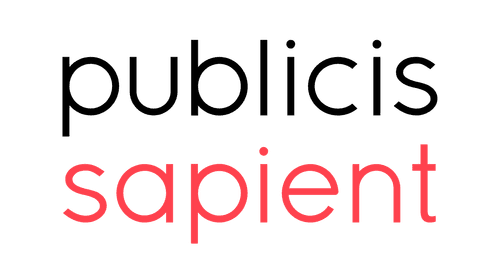




106 Central Street
Wellesley, MA 02481



